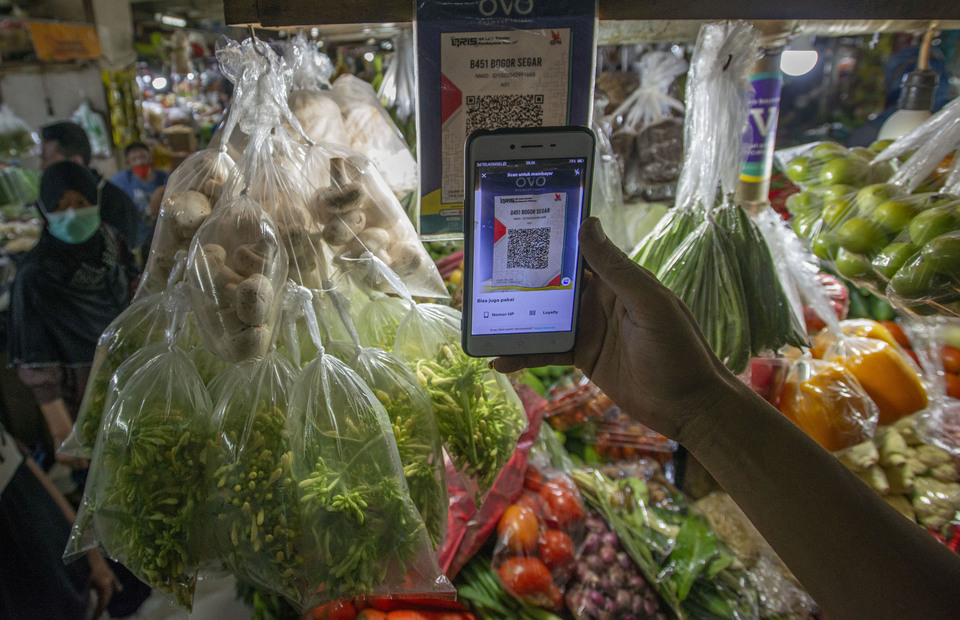JAKARTA -Seven small-sized lenders, including the units of two of Indonesia’s largest lenders by assets, have notified the banking authority of their plan to become digital banks, marking a heated competition in the country’s digital financing industry.
On Thursday, the Financial Services Authority (OJK) revealed that Bank BCA Digital, the unit of Bank Central Asia, Indonesia’s largest lender by market capitalization, had informed the authority of their plan. BRI Agroniaga, a subsidiary of state-controlled Bank Rakyat Indonesia, the country’s largest lender by asset, also has in the process of becoming a digital bank, OJK said.
Other lenders in the pipeline include Bank Neo Commerce, Bank Capital, Bank Harda Internasional, Bank QNB Indonesia, and Bank KEB Hana.
“OJK acknowledges that information technology development in the service sector has allowed banks to operate fully digitally,” Tony, OJK’s deputy director of Basel and international banking, said.
“Several banks have claimed to be fully digital banks or will transform themselves into fully digital banks in Indonesia,” he said in a webinar held by Investor Magazine, BCA, Bank BTPN, and payment gateway company Xendit on Thursday.
Tony said OJK did not issue a special license for the digital bank. “There are only two types of bank licenses, a commercial bank or rural bank,” he said.
Rather it was up to the lenders to implement a digital business model, i.e., focusing on the mobile app, acquiring customers through digital, and servicing customers on the digital platforms instead of expanding their office branches.
Still, Indonesian lenders must inform OJK about changes in their business model in their periodic reports. OJK and Bank Indonesia, the country’s central bank, also require banks to meet several requirements, including a minimum amount of capital, before providing digital banking services to their customers.
Tony said when the transformation completed, the seven lenders would join existing digital banks, including Jenius from Bank BTPN, Wokee from Bank KB Bukopin, Digibank owned by DBS Bank, TMRW from Bank UOB, and Jago owned by Bank Jago, part of Indonesia’s largest digital ride-hailing, e-commerce, and fintech ecosystem GoTo.
Bank Jago’s share prices have increased 1.212 percent in the past year, driving its market caps up to Rp 177 trillion ($12.4 billion), the 7th largest in Indonesia Stock Exchange, just behind the consumer goods giant Unilever Indonesia automotive conglomerate Astra International.
Wawan Hendrayana, head of investment research at Infovesta Utama, said it was the perceived digital banking prospect driving Bank Jago’s price to such dizzying heights — the lender was traded at 21 times its book value, more than ten times the average of the banking sector.
“If investors see good prospects, they will still want to buy [Bank Jago] shares at a high price or valuation,” he said.
Others like Motion Banking, owned by Bank MNC, and Aladin by Bank Aladin Syariah had made public their plan to become digital banks. Motion Banking banking acquired a permit to provide digital services in April, allowing the lender to move forward with its plan to offer digital banking service to 30 million customers, currently within their parent MNC Group’s media ecosystem.

